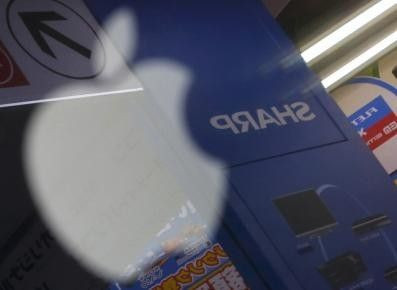Apple to boost Macbook power with new fuel system technology but Xiaomi wants to challenge the laptop line

Apple is stepping up its Macbook game as a new patent suggests a new power system for the laptop line. According to the U.S. Patent and Trademark Office, Apple has applied for a patent that discusses the use of a fuel cells system to power a Macbook for several days or weeks. The patent came to light just after the company was reported to be working on an iPhone fuel cell battery.
Apple continues to work on more ways to boost its product lines including the Macbook. Whereas the market has been saturated with ultrabooks and laptops along with still-challenging PC sales, Apple has not given up yet on its laptop bid. Although the patent describes a “portable computing device,” the MagSafe reference suggests that it is the Macbook. The patent further describes the fuel cell system:
“The fuel source comprises at least one of: sodium borohydride and water; sodium silicate and water; lithium hydride and water; magnesium hydride and water; lithium borohydride and water; lithium aluminium hydride and water; aluminium hydride; an amine borane complex; a hydrocarbon; lithium aluminium hydride; magnesium borohydride; a magnesium borohydride-amine complex; compressed hydrogen gas; and liquid hydrogen.”
The implementation will have to wait. Meanwhile, Xiaomi is also eyeing the laptop sector as it had reportedly went into talks with Samsung to supply memory chips and displays to its new laptop venture. According the Bloomberg, people familiar with the matter said that Xiaomi plans to release a notebook around the first quarter of 2016. If the company succeeds in doing so, it will be competing directly against premium computers like Lenovo's ThinkPad and Apple's MacBook Air. Just five years into the market, Xiaomi has already propelled its way to become a global smartphone contender, competing with premium players like Apple and Samsung.
Contact the writer at feedback@ibtimes.com.au, or let us know what you think below.




















